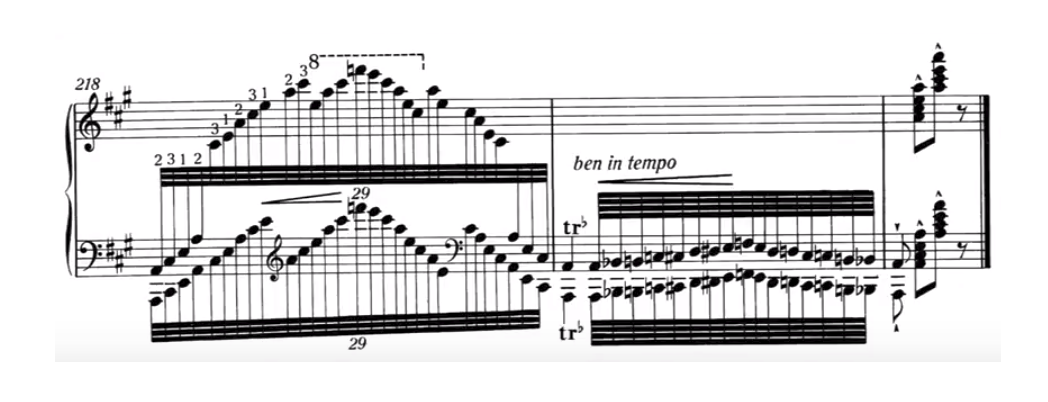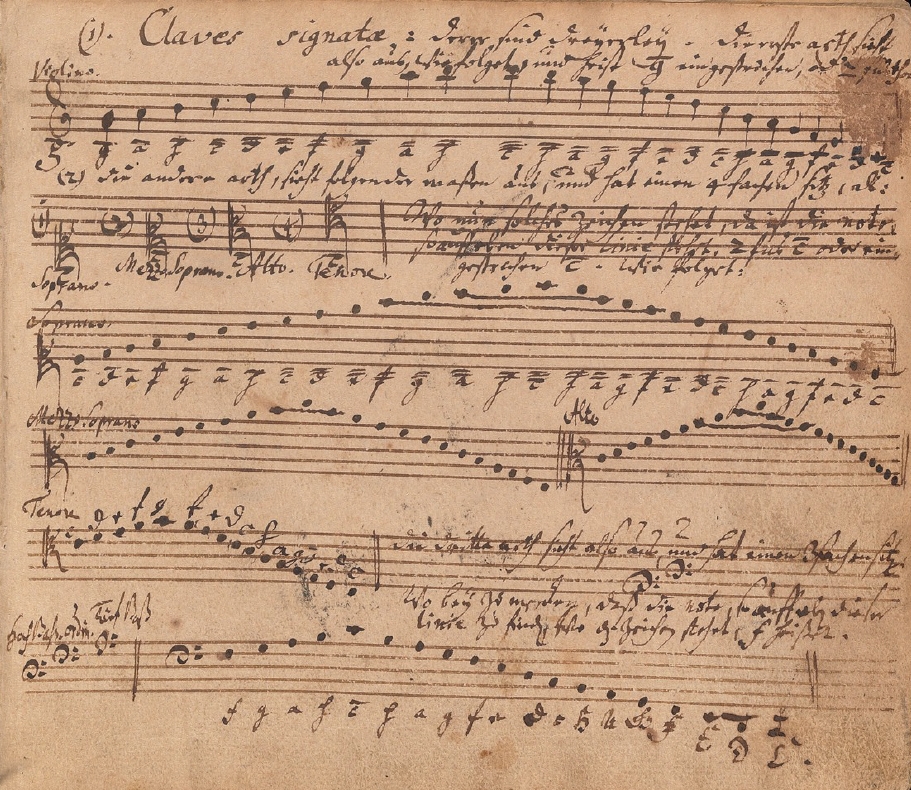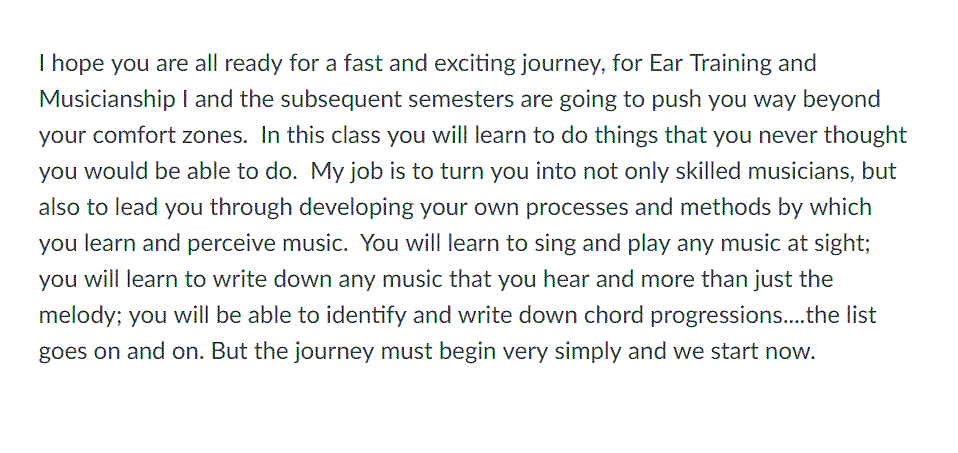I made this video partly in response to the Paganini assignment
I was trying to explain to myself why so much of this performance was grating. It really does seem that the violin is in pain. Not a beautiful pain like “while my guitar gently weeps”, but more like a hoarse scream. To me, the violin (and cello and viola?) seem so similar to the human voice. I guess it makes sense — we have vocal cords and resonators, and they have vocal cords and resonators as well. In our case the strings are set in motion by air, and in their case because of friction from the touch of a bow.
We were asked to find some additional examples of the Paganini — the same piece performed by other musicians, or adaptations of it (variations, fantasies, …remixes?)
I had commented to one of my friends in class, “You just KNOW there’s going to be a version on electric guitar.” Here one is. The comments under the video said that the guitarist did a good job playing it fairly straight instead of turning it into a “power metal version”.
Here’s an adaptation for flute. I saw videos by several other flautists but I wanted a video where you could see the body language of the musician.
A leaf on the wind — leaping birds — spiral stems, vines dangling
2:59 arpeggios made me think of water bubbling in a stream
3:15 staccato? sharp breaths. Not harsh but jazzy, dance-like
3:48 riding along on the melody line, as if I were ice skating. A push, then gliding, pull into a turn…
playful, mournful, energetic but graceful, confident
Compared to this — the Markov version was brash, arrogant, “emo”
If his version was a person near me on the bus I would move away to another seat. Dude, have you been taking your meds? Maybe you need anger management therapy.
I did not listen to this entire selection. I got about 3 minutes in and began to feel confused about whether we were still in a variation of Caprice # 24. Some of the harmonizations made me feel sort of queasy. I’m not sure what harmonies cause that feeling (disoriented, ill-at-ease). Note that the person who posted this included a huge amount of information about the different variations — what was different about each one, and what was especially challenging about each one.
Brahms was not a showman, and rarely wrote music which aimed at being technically difficult. But when he did, he out-Liszted Liszt. The Paganini Variations, as you can tell from their main title, are not just a fully-fledged concert work but also a set of exercises for study, featuring technical challenges that are often more than a little obscene [19:24]. As always, the variations are also musically dazzling in their variety and invention. Kissin plays the faster variations with astounding bravura, [11:29] dynamic control [16:05], and articulation [16:49], and is exquisitely delicate in the slower ones [07:45].
This is a version that’s being played through MIDI software. It’s unpleasantly robotic to listen to, but the hand patterns were fascinating to me. My previous keyboard experience was on organ (with separated keyboards). It’s interesting to see how the 2 hands share and trade the notes back and forth.
Caprice # 24 begins at the 20:22 mark.
20:30 I can imagine doing these arpeggios — relaxed and graceful
20:53 — light tripping staccato notes
21:18 — low rumbling, running like a motor. “Perdendosi”?
21:32 — “stabby”. I don’t think the piano is in any danger, but this sounds like it might hurt the fingers.
21:46 — anxious sounding rapid chromatic runs
22:00 — “magical” — little sparkly phrases on the rt. hand, darker phrases on the left
22:20 — headbanger! Envigorating.
22:43 — wiry, vine-like
22:53 — OK, sounds like the piano is giggling
“Scherzando” does mean “playfully” (or, as Dr. Greenberg says, it literally means “I’m joking”), but this is really silly and cute.
23:00 — more headbanging! “Fuocoso” apparently means fiery or passionately.
23:12 — burbling
23:30 — twinkly. The extended trill does give me a feeling of unease or suspense, though.
24:06 — the piano is roaring and thundering. Waves on a stormy sea
24:35 — those are some weird harmonies!
24:54 — this must be the big finish. I can hear the main theme buried deep in the mix.
Now — huge waves — this part makes me think of winding up to throw a shot put. Gathering energy…
And he throws it!








